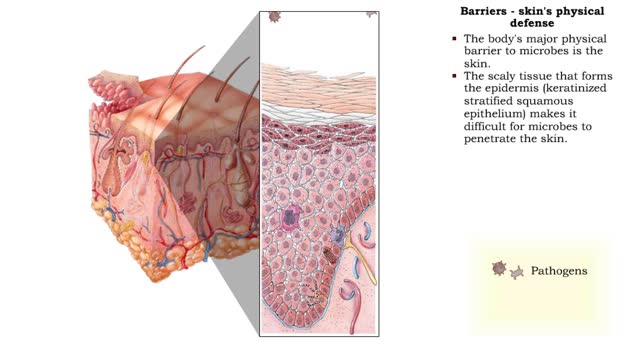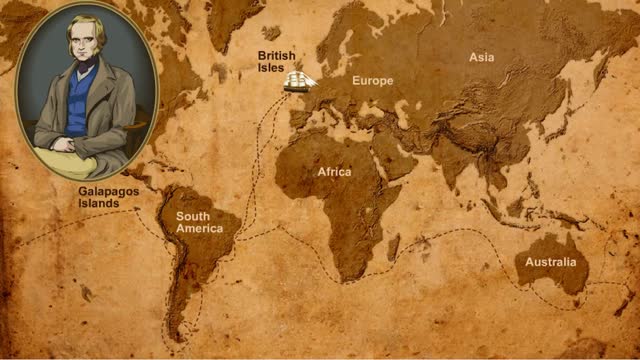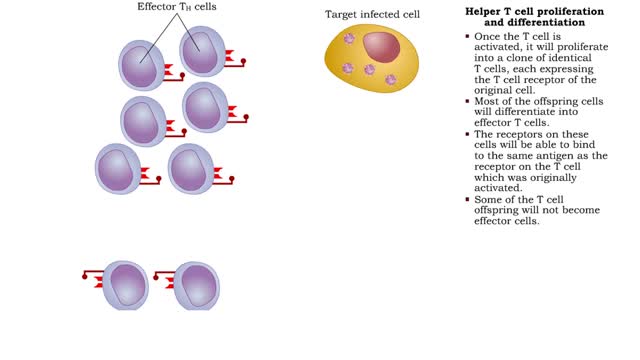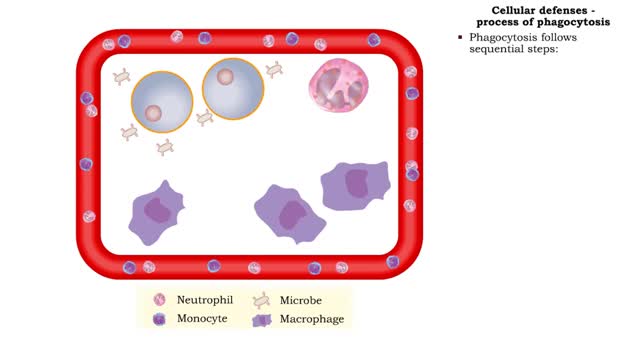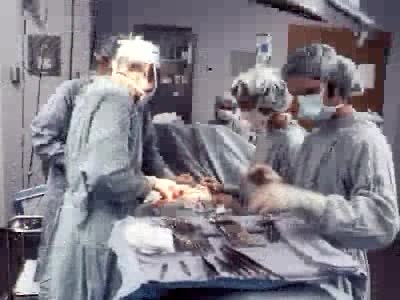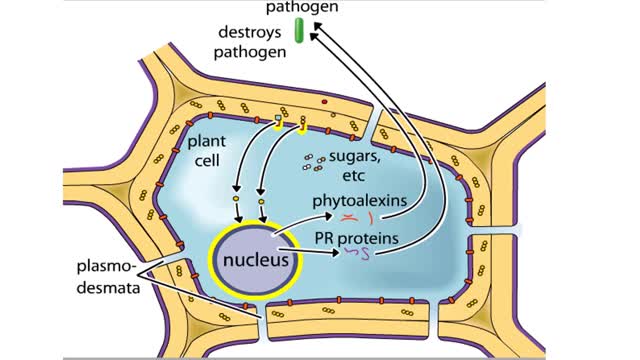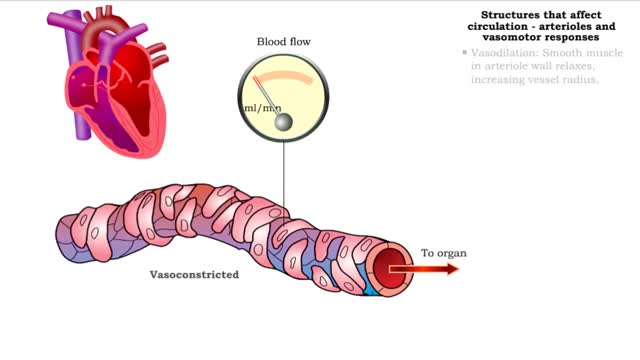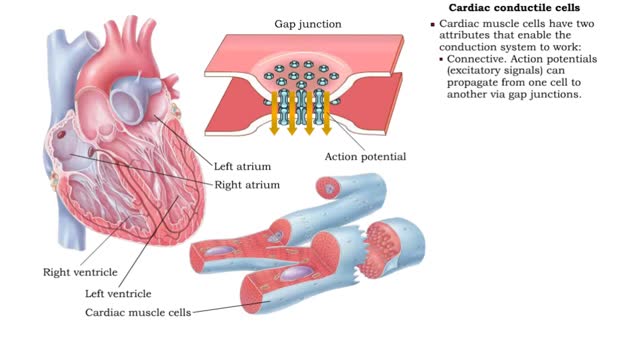Search Results
Results for: 'Drug Resistance and Natural Selection'
Non-specific disease resistance mechanisms & Skin's defense barriers
By: HWC, Views: 11053
• Non-specific disease resistance acts quickly to fight a wide variety of invaders. • Mechanisms include: • Barriers • Antimicrobial substances • Cellular defenses • Inflammation • Fever Barriers - types • Physical and chemical bathers prevent invasion by micro...
Darwin's Observation (Fossils, Galapagos Islands & Africa ) and Natural Selection (Adaptive Traits)
By: HWC, Views: 10869
Along Darwin's voyage, he made many observations. Each one added to his understanding of how organisms change over time. Darwin was already familiar with fossils and knew that many fossils were very different from living organisms. But, also there were some fossils that were very similar to li...
Diversity of Living Creatures - Charles Darwin & the Beagle's Voyage
By: HWC, Views: 10617
As we look around at the living creatures on Earth, we see a great amount of diversity. In some cases, the differences are quite noticeable, like the differences between plants and animals. Some differences are not as easy to see, like the differences between two species of lizard. How did all...
Helper T cell receptors, activation, proliferation, differentiation & action
By: HWC, Views: 11194
• Most cells which have CD4 on their surface become Helper T cells (TN cells). • The CD4 1 cells only recognize a foreign antigen when it is presented with an antigen presenting immune cell (APC) that includes MHC-II protein. • The Helper T cell antigen receptor must match the presented...
Cellular defenses (natural killer cells, phagocyte types & process of phagocytosis)
By: HWC, Views: 10757
• Lymphocytes that rapidly defend against abnormal (cancer) or virus-infected cells. • Found in blood, spleen, lymph nodes, and red bone marrow. • Lack receptors for binding with specific antigens. • Act upon cells displaying abnormal MHC antigens. • NK cells destroy cells in ...
Introduction to Erectile Dysfunction
By: Administrator, Views: 370
Erectile dysfunction (ED), also known as impotence, is a type of sexual dysfunction characterized by the inability to develop or maintain an erection of the penis during sexual activity. Erectile dysfunction can have psychological consequences as it can be tied to relationship difficulties and se...
Plant Defense Mechanisms from Pathogens
By: HWC, Views: 10414
Plants and pathogens have coevolved such that pathogens can recognize plants by the sugars, or other molecules, they produce. Plants, in turn, can recognize pathogens by the molecules they produce. The ability to recognize pathogens allows plants to activate defense systems that can prevent wides...
Structures that affect circulation - arterioles and vasomotor responses and venous return
By: HWC, Views: 11078
■ Small arteries and arterioles determine SVR. • Blood pressure drops significantly as blood passes through arterioles. • Decreasing arteriole radius and decreased wall elasticity are the main reasons for increased SVR. ■ Small changes in arteriole radius can cause large changes in ...
By: HWC, Views: 11185
• In order for the heart to function properly, all of its cells must contract in a specific sequence. This sequence is determined by a pathway known as the conduction system. • Cardiac muscle cells have two attributes that enable the conduction system to work: • Connective. Action pot...
Advertisement



